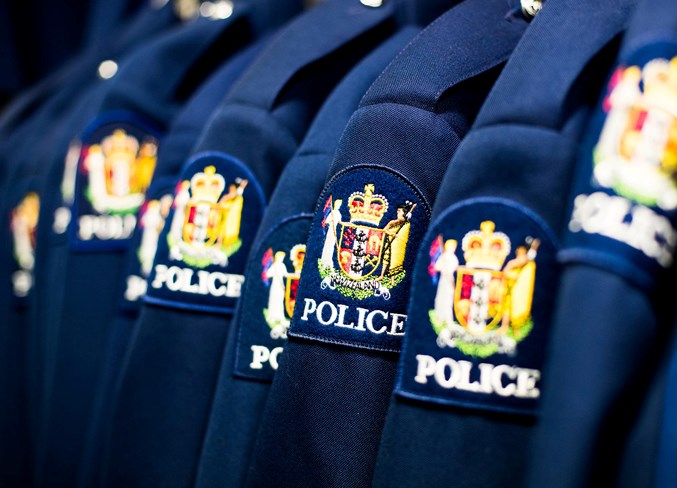An Olds real estate assistant, Clare Dickie, expects things to be different in her homeland of New Zealand when she travels there in October.
In the wake of a March 15 mass shooting terrorist attack that killed 50 people and injured as many more, the country’s prime minister has already announced areas for review.
The country’s Officials Committee for Domestic and External Security Coordination was asked to report to cabinet “on this sequence of events with a view to strengthening our systems on a range of fronts including but not limited to, firearms, border controls, enhanced information sharing with Australia and any practical reinforcement of our watch list processes,” said New Zealand Prime Minister Jacinda Ardern in a statement issued a day after the shootings.
Dickie was as shocked as her countrymen were, that a gunman opened fired at two mosques in the city of Christchurch, allegedly acting out far-right, anti-immigration sentiments.
“It doesn’t happen in New Zealand at all. The last mass shooting, which I remember, really rocked the country in 1990 or 1991 somewhere around there. It was a long time ago and I remember it was like an unheard of thing to happen,” said Dickie.
The country’s national security threat level was lifted from low to high on March 15.
“That is the first time in our nation’s history that that has occurred,” said Christchurch’s mayor Lianne Dalziel during a press conference the day of the attack.
A suspect in the shootings was arrested 36 minutes after police were first called, according to New Zealand Police. A 28 year-old Australian man has been charged with murder.
The attack has not swayed Dickie from going ahead with already-made plans to visit the city this fall.
She expects security at Christchurch Airport to be enhanced compared to her visit last year, which she described as largely unencumbered access with few noticeable security measures.
The change she is concerning herself with right now though, is what the mass shooting has done to “take away the straggling sense of security that was beginning to appear.”
The nearly 400,000 Christchurch residents are still recovering from a 6.2 magnitude earthquake in 2011 that devastated its central core and killed 185 people. It followed a 7.1-magnitude earthquake in Canterbury five months earlier.
“Going back there a year ago and not having been there since the earthquakes, it was horrifying, a real culture shock,” said Dickie.
“There was still scaffolding, weeds growing high on empty lots that had fences around them. There were do-not-go areas. There were just desolate, decrepit buildings. I recognized streets by name only, not by the look of them -- places that I knew really, really well.”
Just a day before the attack, the city issued a press release announcing work was underway to remove stands at Lancaster Park – the final step in the earthquake-damaged stadium’s deconstruction.
“It was a depressing place to be and it’s going to be even worse now,” said Dickie.
In response to the trauma attached to the earthquakes, the country embedded a team of mental health and support workers in Christchurch and Canterbury schools, said the country’s prime minister in a press release issued a day after the attack.
“So that does mean that our schools in this region already have extra levels of support that not every school would usually have,” said the prime minister.
Area schools, along with all government-owned facilities had been in lockdown from early afternoon on the day of the attack until early evening.
New Zealand’s Ministry of Health has developed resources, officials say “to assist those in mental distress as a result of the traumatic event in Christchurch.”
While it’s not her hometown, Dickie has an uncle and friends who live in Christchurch.
She reached out to them on social media when she heard the news.
One friend’s son is a policeman in Christchurch. He was called in to work the day of the attacks.
“She was pretty worried, understandably. One friend is totally numb,” said Dickie.
Christchurch’s mayor encouraged New Zealanders to unite.
“Just come together and reflect on what has happened and reflect on how important relationships and neighbourhoods are. Because that was what saw us through our tragedy of the earthquakes and that is what will see us through this tragedy,” said the mayor during a press conference.



